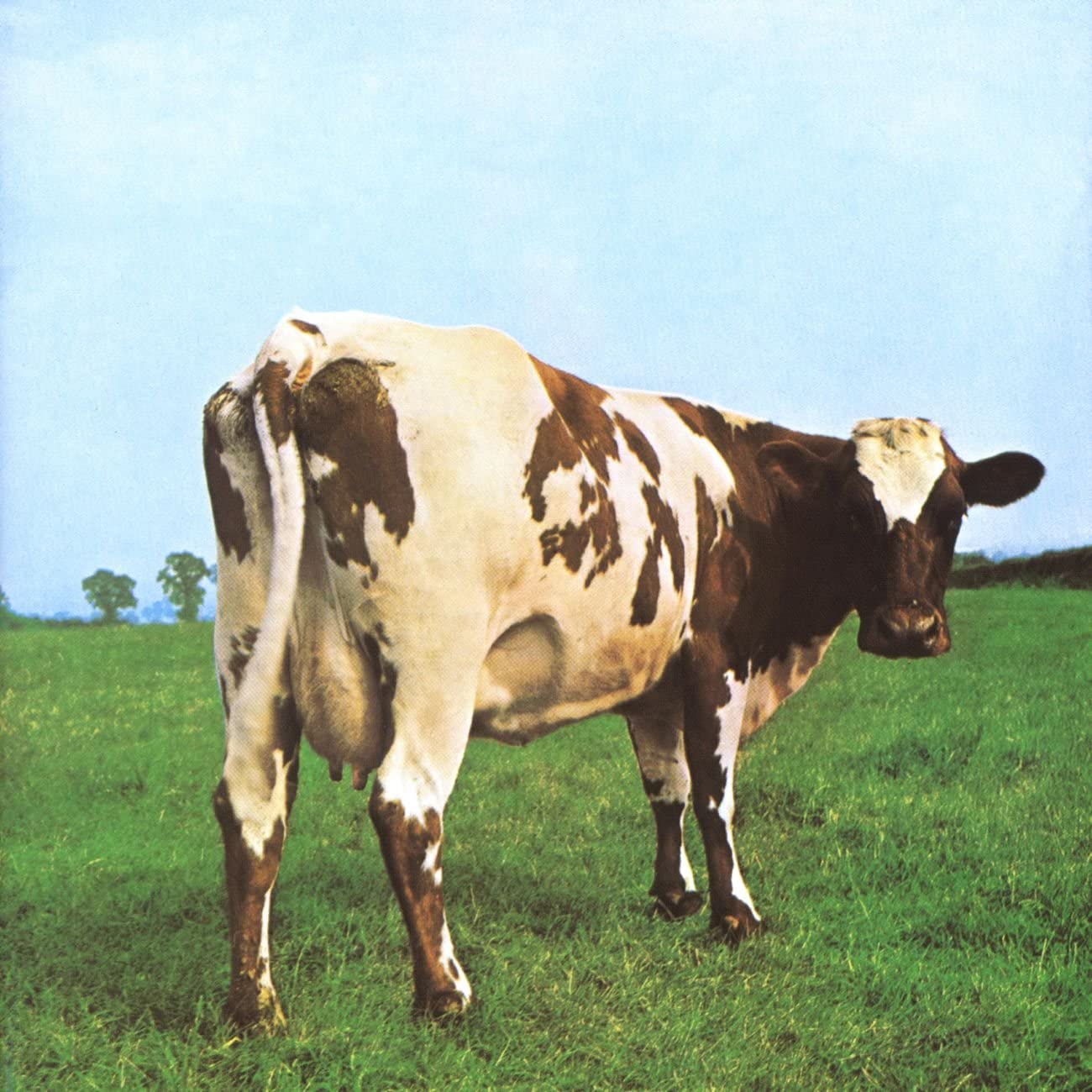Fashion calls art: the icon and performance
Abstract
About animals and animality, this contribution intends to investigate the relationships between art and fashion. In the countless articulations of this topic, it is necessary to identify a valid starting criterion; there is therefore an “iconic” type of animality, aimed at drawing inspiration from the zoological sphere by mimicking its coats and liveries, in fabrics that recall the colors of giraffes and leopards through a pictorial-ornamental value. In the 1960s, among the designers who specialize in a similar line of research, the name of Krizia stands out. With her pressed and two-dimensional animality Krizia converges to the Pop Art of Pino Pascali, brilliant inventor of an equally playful bestiary, this time resolved on an environmental scale. No less impressive are the collections of Thierry Mugler, author of an entomology played on hypertrophic proportions. Alongside these solutions, aimed at celebrating the animal sphere by providing a stylized version both in pictorial and sculptural form, in art and fashion another visible field of investigation is manifested, consisting in refusing any surface reference to wolves or lions, preferring to grasp them on their wild side, as a viaticum for access to the primordial and in general to the revival of primary values. In fashion, a similar trend – which we could define as “performative” – is expressed in rather extreme ways of intervention, often very aggressive towards fabrics and silhouettes, which in fact come out abused, brutalized with raw edges; among the designers analyzed to exemplify this trend, Miyake and Yamamoto.

Downloads
Published
How to Cite
Issue
Section
License
Copyright (c) 2023 Elephant & Castle

This work is licensed under a Creative Commons Attribution 4.0 International License.





